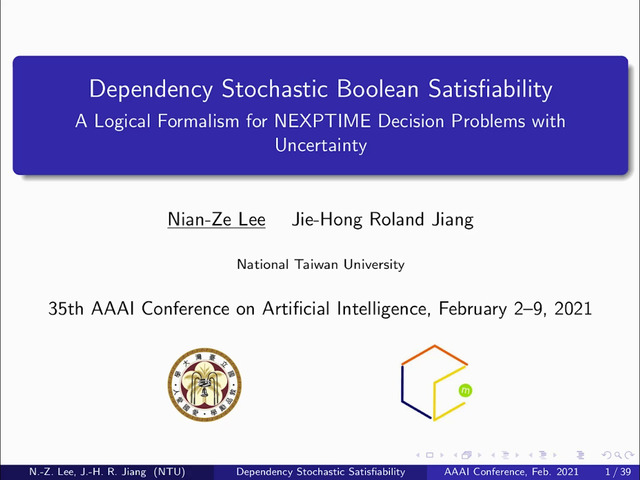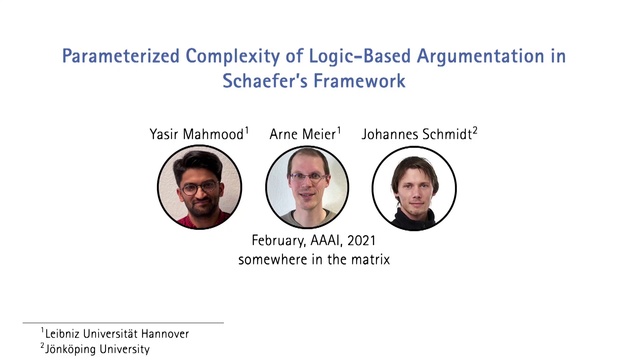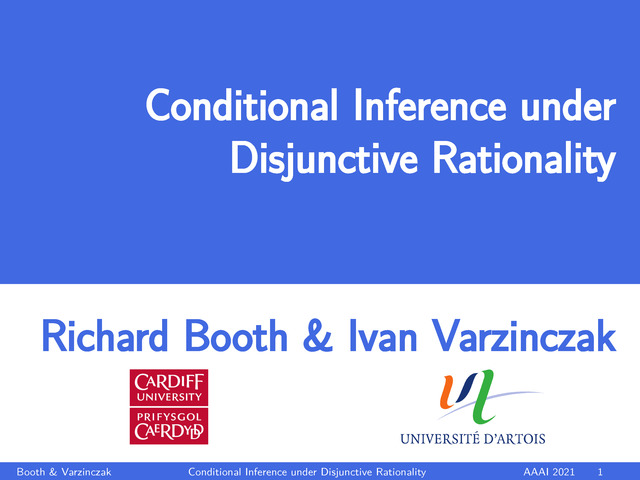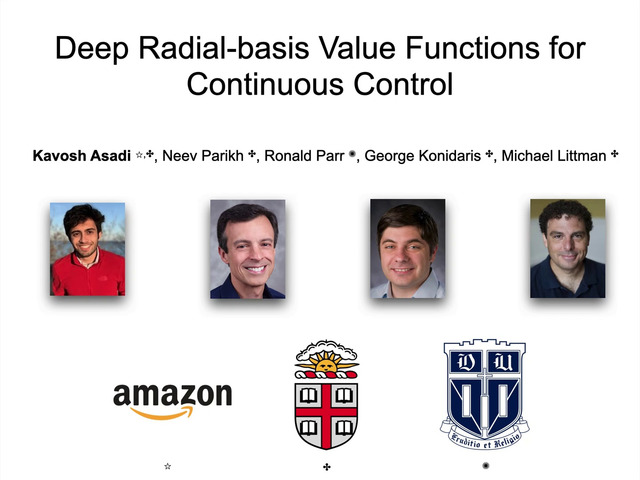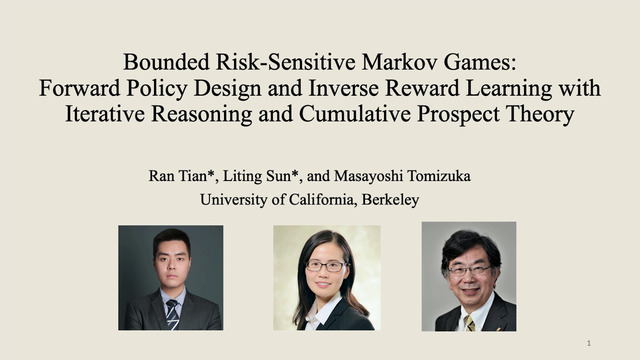Abstract:
In this paper we present an approach to defeasible deontic inference. Given a set of rules R expressing conditional obligations and a formula A giving contingent information, the goal is to determine the most desirable outcome with respect to this information. Semantically, the rules R induce a partial preorder on the set of models, giving the relative desirability of each model. Then the set of minimal A models characterises the best that can be attained given that A holds. A syntactic approach is also given, in terms of maximal subsets of material counterparts of rules in R, and that yields a formula that expresses the best outcome possible given that A holds. These approaches are shown to coincide, providing an analogue to a soundness and completeness result. Complexity is not unreasonable, being at the second level of the polynomial hierarchy when the underlying logic is propositional logic. The approach yields desirable and intuitive results, including for the various “paradoxes” of deontic reasoning. The approach also highlights an interesting difference in how specificity is dealt with in nonmonotonic and deontic reasoning.














